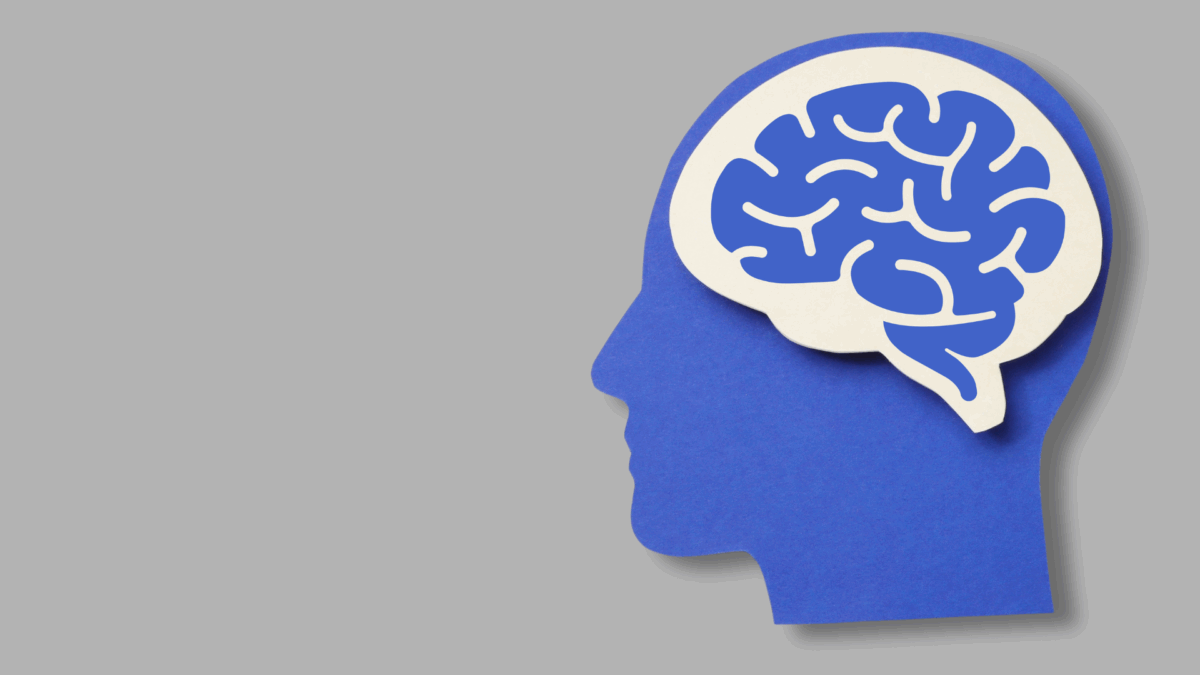As researchers and educators at Realm of Caring, we believe in a holistic, evidence-informed approach to supporting healthy aging and addressing Alzheimer’s disease. While aging is inevitable, there are natural strategies that show promising potential both for maintaining cognitive health and for helping manage symptoms in Alzheimer’s. In this post, we’ll explore what current research says about cannabinoids and complementary botanicals (including functional mushrooms) for brain health, quality of life, and aging well.
Understanding the Challenge: Aging, Alzheimer’s, and Brain Health
As we age, our bodies undergo changes. Skin becomes less elastic, muscle mass decreases, sleep patterns shift, and chronic conditions like cardiovascular disease and Alzheimer’s become more likely. Alzheimer’s disease is a progressive neurodegenerative disorder impacting memory, thinking, and behavior. There is no cure yet, but interventions that slow progression, reduce symptoms, or support quality of life are critically important. Statistics estimate millions of Americans are affected, and that number is expected to grow.
CBD & Cannabinoids: What the Research Suggests
Neuroprotection and Antioxidant Effects
One of the mechanisms by which cannabidiol (CBD) may help is by mitigating oxidative stress and excitotoxicity – both key contributors in Alzheimer’s pathology. Research shows that CBD can block or modulate harmful glutamate levels, acting comparably in some experiments to industrial antioxidants. This helps reduce damage to neurons.
Interactions with Immune Cells & Inflammatory Pathways
The CB2 receptors, part of the endocannabinoid system, are expressed in microglial cells (the brain’s immune cells). Activation of these receptors by cannabinoids may help reduce neuroinflammation, which is a driving force in Alzheimer’s disease. By modulating inflammatory responses, CBD may help slow the progression of neurodegenerative events.
Managing Behavioral & Lifestyle Symptoms
Neuropsychiatric symptoms such as sleep disturbances, agitation, depression, and anxiety often accompany Alzheimer’s. CBD and THC:CBD combinations have been studied for their effects on improved sleep quality through reducing sleep latency, lengthening sleep duration, and limiting awakenings. Some observational studies show reduced agitation and better mood in Alzheimer’s patients using cannabinoid extracts under supervision.
Healthy Aging Beyond Alzheimer’s
For people aging without Alzheimer’s (or before onset), cannabinoids have been studied for benefits with skin health (hydration, antioxidant effect, anti-inflammatory), appetite regulation, cardiovascular health (anti‐inflammatory, antioxidant), metabolic health, pain and arthritis, muscle maintenance, and sleep quality. These benefits may help delay or mitigate risk factors associated with Alzheimer’s.
Practical Considerations & Safety for Cannabinoid Therapy
- Start low, go slow: Individual response to cannabinoids can vary. It is important to seek individualized support.
- Source and quality matter: Products should be high‐quality, tested for purity, consistent cannabinoid content, and free of contaminants. Check out the Quality of Product Matters Guide.
- Interactions: CBD may interact with medications; immune status, liver health, overall health status must be considered. Consult with you physician or a pharmacist if you are taking several medications.
- Legality and regulation: Laws vary by state and country; ensure compliance and proper documentation. Realm of Caring’s Observational Research Registry (ORR) is helping to gather real‐world data on safety and outcomes.
Complementary Botanicals & Functional Mushrooms
While cannabinoids show promise, combining them with other plant botanicals and functional mushrooms may offer synergistic effects for brain health and aging:
- Botanicals like turmeric, ginkgo biloba, bacopa have antioxidant, anti‐inflammatory, and neuroprotective properties in preliminary studies. When used appropriately, they may support cognition, memory, and vascular health.
- Functional mushrooms such as lion’s mane, reishi, cordyceps, and chaga are gaining attention. Lion’s mane, for example, has compounds that may stimulate nerve growth factor (NGF), which supports neuron health; anti‐inflammatory and antioxidant effects have been observed in animal and small human trials. Reishi and chaga add immune modulation and reduce oxidative stress, which are valuable in the context of Alzheimer’s and aging.
Toward a Holistic Plan
Pulling all this together, here’s what a holistic plan might look like:
- Adopt a nutrient‐rich, anti‐inflammatory diet (fruits, vegetables, healthy fats, mushrooms, botanicals).
- Include cannabinoids (CBD, or balanced THC:CBD in legal regions) under guidance, targeting symptoms like sleep disturbances, mood, inflammation.
- Incorporate botanicals and functional mushrooms as adjuncts for neuroprotection and immune support.
- Prioritize lifestyle factors: physical activity, restful sleep, stress management, social connection.
- Monitor, adjust, and always consult qualified professionals to tailor choices, monitor efficacy, and avoid adverse effects.
At Realm of Caring, our mission is to support you with rigorous research, client education, and community care. As new evidence emerges, we hope to offer increasing clarity on how CBD, other cannabinoids, botanicals, and functional mushrooms may be integrated into a safe, holistic regimen for Alzheimer’s and healthy aging. If you have questions about specific products, dosing, or strategies, our care specialists are available to help.

